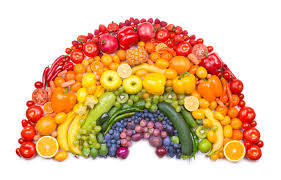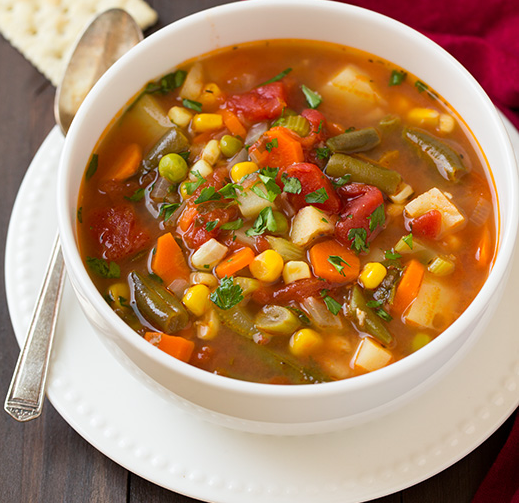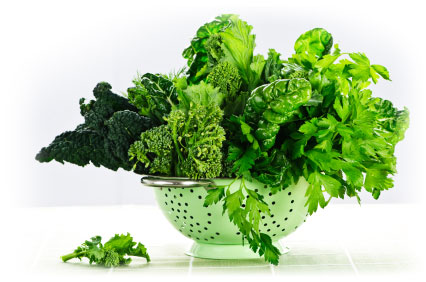The Best Foods to Keep You Fit

Almonds

These delicious and versatile nuts contain filling protein and fiber, not to mention vitamin E, a powerful antioxidant. They're also a good source of magnesium, a mineral your body must have in order to produce energy, build and maintain muscle tissue, and regulate blood sugar. But what makes almonds most interesting is their ability to block calories.
Berries

The more fiber you eat the fewer calories you absorb from all the other stuff you put in your mouth. That's because fiber traps food particles and shuttles them out of your system before they're fully digested. Berries are also high in antioxidants, which not only help protect you from chronic diseases like cancer but may also help you get more results from your workouts. Antioxidants help improve blood flow, which can help muscles contract more efficiently.
Yogurt

People who get their calcium from yogurt rather than from other sources may lose more weight around their midsection. The probiotic bacteria in most yogurts help keep your digestive system healthy, which translates into a lower incidence of gas, bloating, and constipation, which can keep your tummy flat.
Veggie Soup

People who ate broth-based or low-fat cream-based soups two times a day were more successful in losing weight than those who ate the same amount of calories in snack food.
Eggs

You won't find a more perfect protein source. Eggs are highly respected by dietitians because of their balance of essential amino acids (protein building blocks used by your body to manufacture everything from muscle fibers to brain chemicals). People ate eggs in the morning; they felt less hungry throughout the day than when breakfast consisted of complex carbohydrates like bagels.
Leafy Greens

Their cancer-preventing carytenoids won't help shrink your waistline, but their low calorie count definitely will. Most leafy greens are also a good source of calcium, an essential ingredient for muscle contraction. In other words, they help fuel your workouts.
Salmon

Seafood, especially fatty fish like salmon, tuna, and mackerel, is an excellent source of omega-3 fatty acids. Overweight people who ate fish daily improved their glucose-insulin response. This means that seafood may help slow digestion and prevent cravings. Seafood is an excellent source of ab-friendly protein.
By Milica Matic

